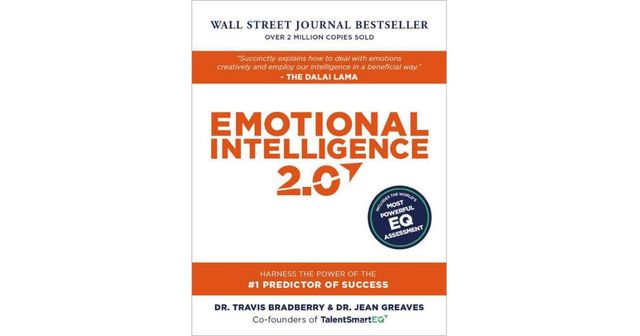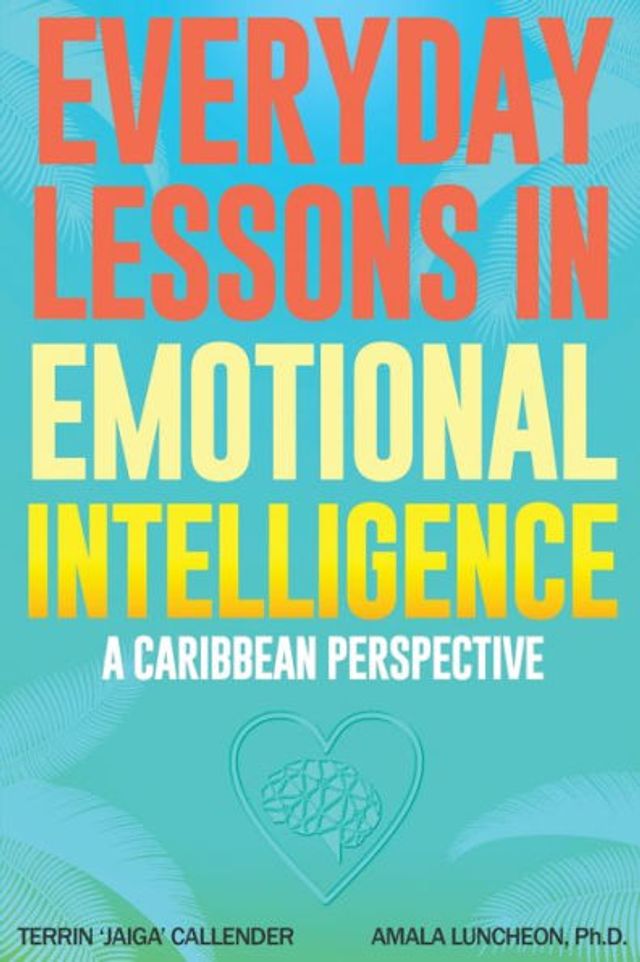Home
The Scientific Basis of Emotional Intelligence Liberation from one's unique character and social constraints



The Scientific Basis of Emotional Intelligence Liberation from one's unique character and social constraints
Current price: $29.99
Loading Inventory...
Size: OS
Recently in the United States, the concept of emotional intelligence has been all over the news, from the cover of Time magazine to a best-selling book written in 1995 by Daniel Goleman to a feature on the program that is hosted by Oprah Winfrey. Emotional acuity, on the other hand, is not meaningless "neo-psychobabble" that may be disregarded. It began with a ground-breaking study on the influence of the environment on intellectual performance (for example, Wechsler's research from 1943). Researchers in the field of psychology have spent years studying the various aspects of intelligence, primarily classifying them into one of three categories: abstract intelligence, concrete intelligence, and social intelligence. Abstract intelligence is defined as the capacity to understand and manipulate verbal and mathematical symbols; concrete intelligence is defined as the capacity to understand and manipulate objects; and social intelligence is defined as the capacity to understand
In order to better understand intellectual conduct, David Wechsler (I 943) was the first person to acknowledge the relevance of noncognitive elements. He stated that IQ is not the only factor that should be considered when determining a person's potential for future achievement.


















